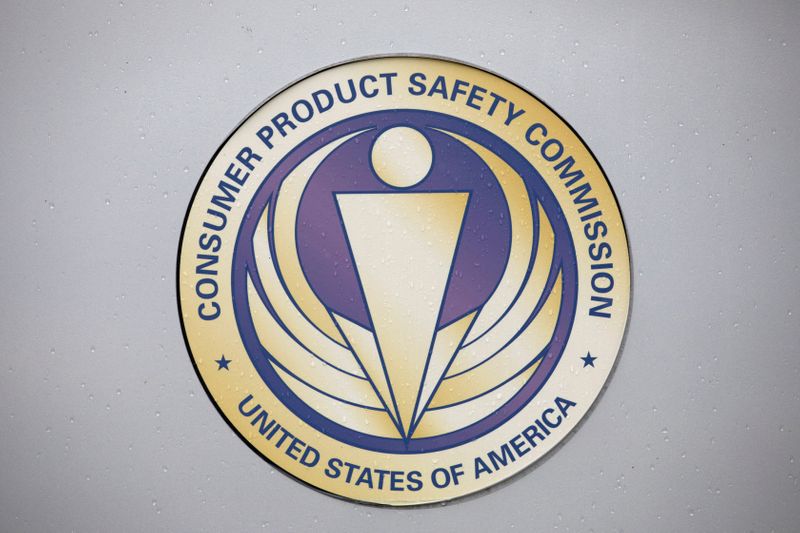(Reuters) – President Joe Biden plans to nominate a senior lawyer for a U.S. House of Representatives committee to chair the Consumer Product Safety Commission (CPSC), along with a lawyer at the agency for another commissioner slot, the White House said.
Biden announced late on Friday that he intends to nominate Alexander Hoehn-Saric, a Democrat who is chief counsel for the Energy and Commerce subcommittee on communications and consumer protection to head the CPSC. Reuters reported the planned nominations earlier.
Hoehn-Saric works on legislation and oversight related to product safety, consumer protection, and communications.
The Democratic president also plans to nominate Mary Boyle to the commission, the White House said. She is the CPSC’s current executive director and has spent more than a decade at the agency in senior positions.
“American families need a strong cop on the beat at the Consumer Product Safety Commission,” Senate Commerce Committee chair Maria Cantwell said in a statement, adding Hoehn-Saric, who is also a former Senate Commerce Committee senior counsel “has been at the forefront of the fight for a strong CPSC to protect consumers, children, and families from dangerous products.”In December 2019, Senate Democrats said in a report that the CPSC was inappropriately deferential to companies it investigates.
Settlements reached by the commission under Republican then-President Donald Trump “are at odds with traditional recall agreements negotiated by the CPSC,” the Senate Commerce Committee report said.
“Rather than providing consumers with a specific remedy that repairs all impacted products or a refund to remove the dangerous products from homes, these recalls perversely serve as marketing tools to allow the recalling company to sell additional products,” the report found.
(Reporting by David Shepardson; editing by Jonathan Oatis and David Gregorio)






















